



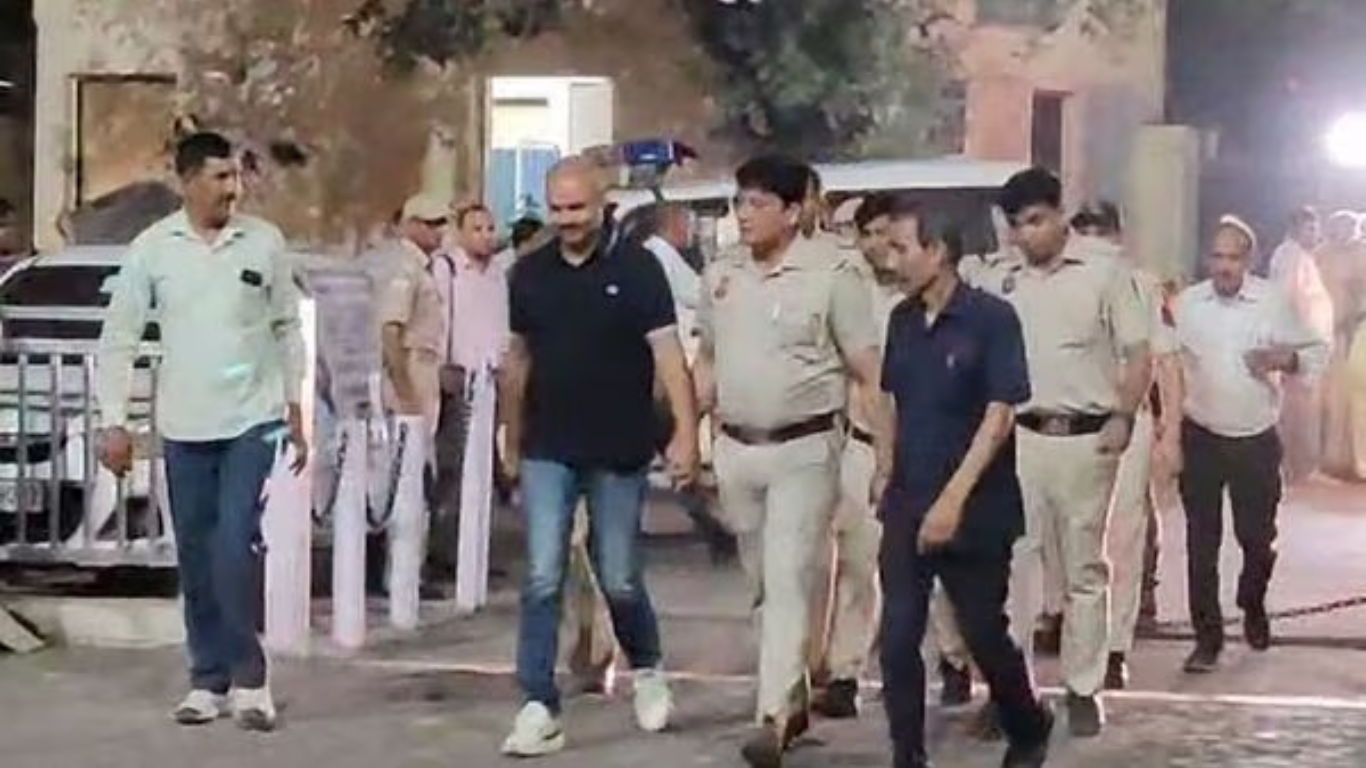
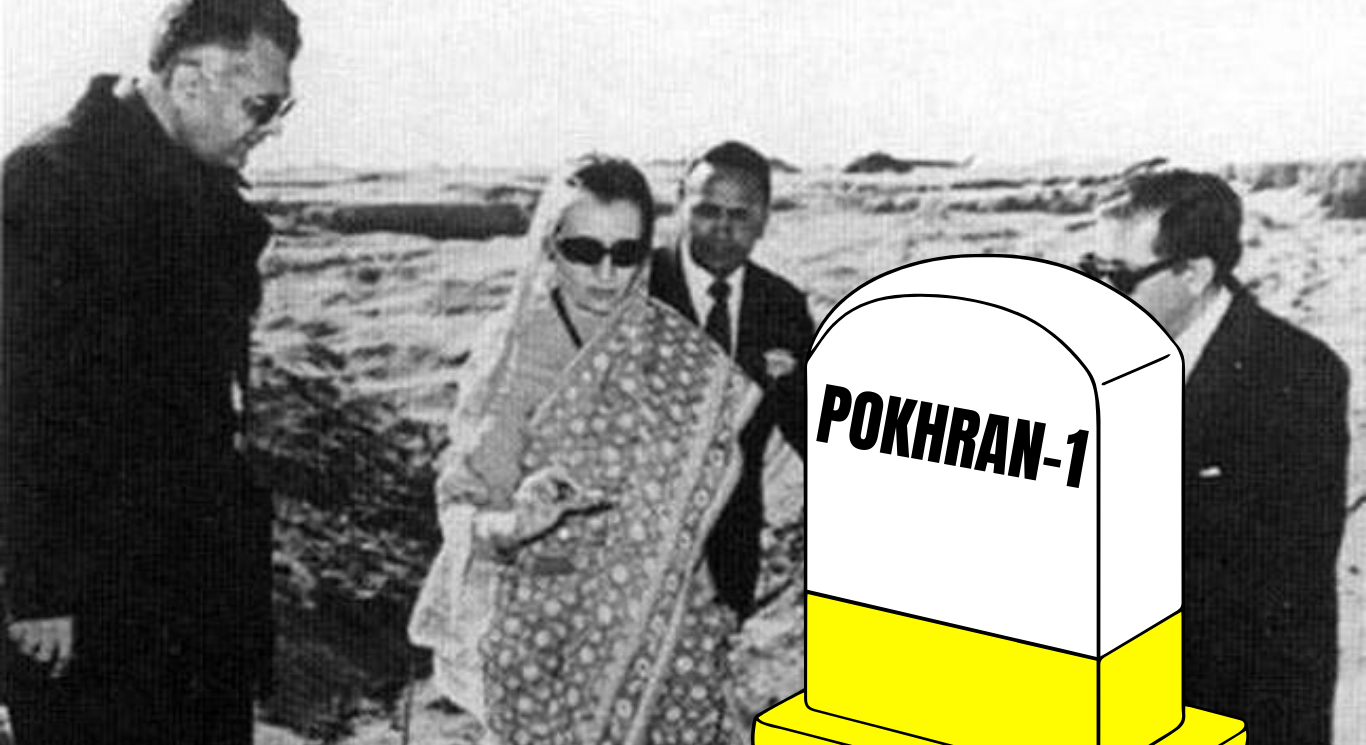

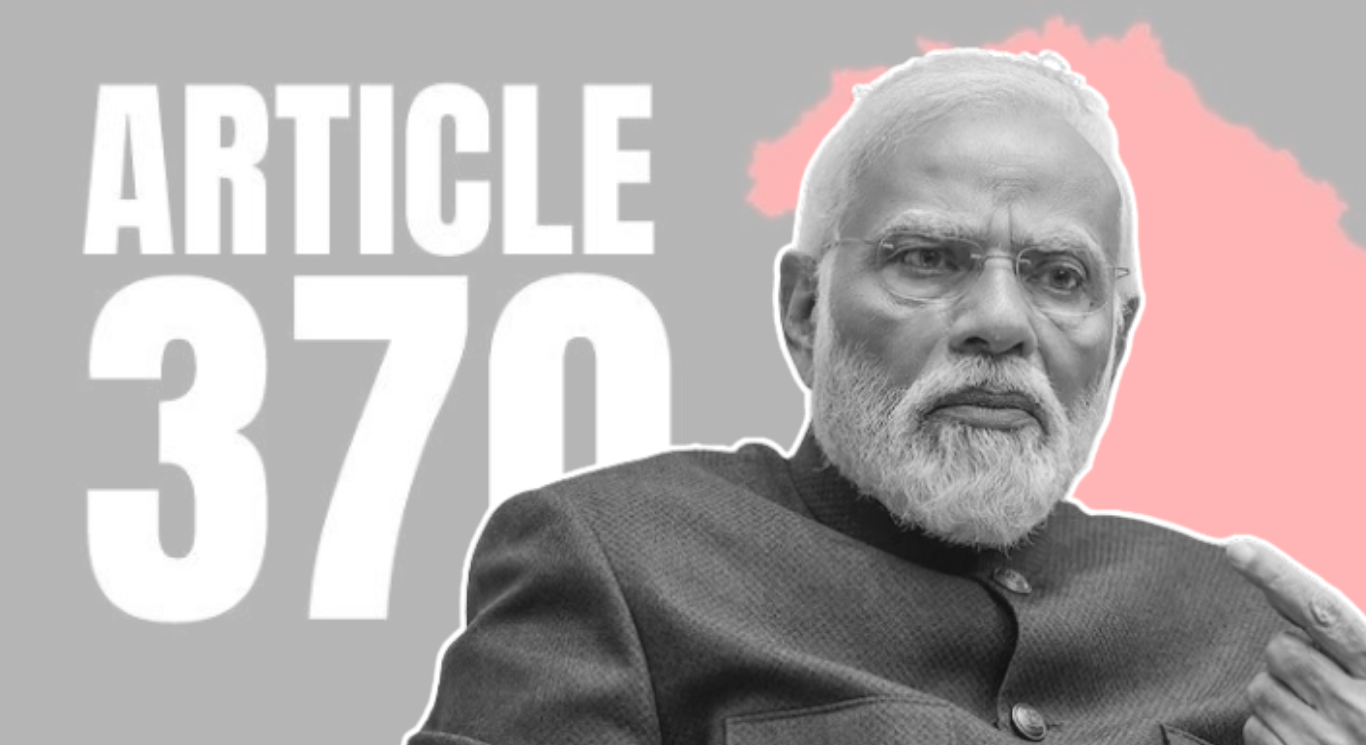

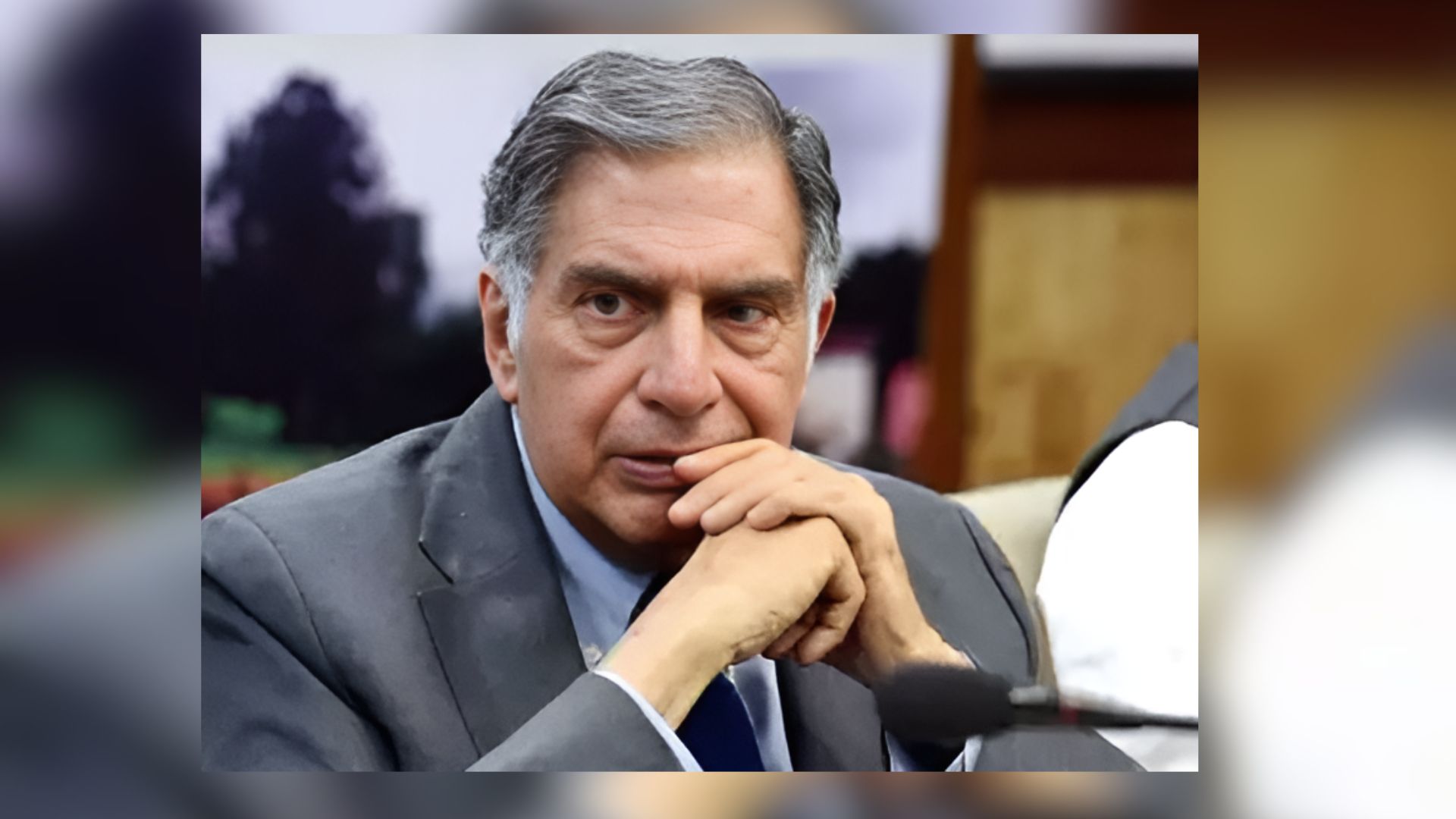
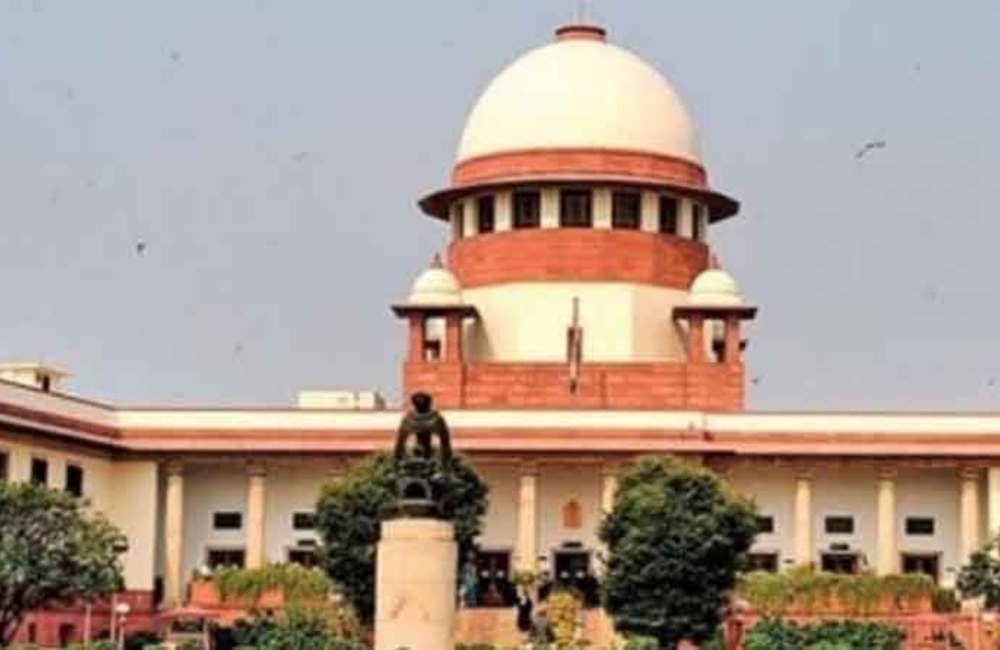
According to the Bar and Bench, the Supreme Court on Saturday rejected a review petition filed by Bilkis Bano challenging the top court’s May order allowing the Gujarat government to decide on the remission of the 11 convicts who gangraped her and murdered seven members of her family during the 2002 Godhra riots in Gujarat.
On August 15, the Gujarat government freed the prisoners under its remission and premature release policy after one of the convicts, Radheshyam Shah, petitioned the Supreme Court. Shah, who was sentenced to life in prison by a CBI court in Mumbai in 2008, has served 15 years and 4 months of his sentence.
In May of this year, the Supreme Court instructed the Gujarat government to consider whether to commute Shah’s sentence within two months. The Supreme Court ruled that Gujarat was the “proper government” to decide on issues such as remission or premature release because the crime was committed there, not in the state where the trial was moved and finished for exceptional circumstances under the directions of this Court.
The President and Governors have the authority to pardon and to suspend, remit, or commute a sentence imposed by the courts under Articles 72 and 161 of the Constitution. Furthermore, because prisons are a state issue, state governments have the authority to commute sentences under Section 432 of the Code of Criminal Procedure (CrPC). However, there are limitations on these powers, which are outlined in Section 433A of the CrPC.
Following the release of the convicts, Additional Chief Secretary (Home), Raj Kumar, said: “The 11 criminals had served a 14-year term in total. A life sentence entails a minimum of 14 years in prison, after which the offender can ask for remission. It is then up to the government to decide whether or not to examine the application. Prisoners are awarded remission based on eligibility after the suggestion of the prison advisory committee and district legal authorities.”









